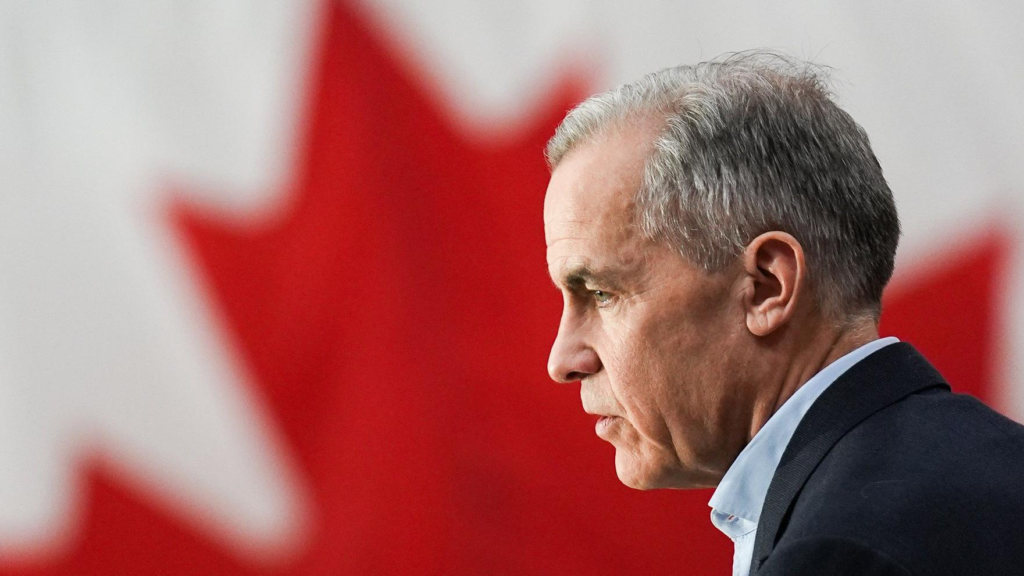Introduction
The recent revelation of how former Bank of England governor Mark Carney tactfully used flattery to defuse tensions with Donald Trump over the “51st state” controversy has reignited interest in political diplomacy. This incident, which stirred headlines across both the UK and US, showcases how carefully chosen praise can be a powerful tool in international relations. In this blog, we explore the top 7 ways Carney managed to soothe Trump’s fury and maintain diplomatic balance.

1. Calling Trump a “Transformational President”
One of Carney’s most calculated compliments was referring to Trump as a “transformational president”—a phrase designed to appeal to Trump’s desire for legacy and disruption. This remark reportedly played a key role in calming the former president after he reacted angrily to insinuations that the UK was merely a puppet state of the US.
2. Drawing Comparisons to Reagan
Carney invoked the memory of Ronald Reagan, a president Trump has often admired. By linking Trump’s political impact to Reagan’s era-defining leadership, Carney struck a flattering chord that placed Trump in the pantheon of iconic Republican leaders.
3. Acknowledging Trump’s Economic Achievements
During the conversation, Carney subtly praised Trump’s influence on the US economy, highlighting job growth and deregulation policies. These compliments echoed Trump’s campaign talking points and helped frame his presidency as a business success story.
4. Avoiding Confrontational Language
Rather than defending the UK directly or pushing back on Trump’s anger, Carney used disarming language to redirect the conversation. This rhetorical strategy reduced the chance of escalation and kept the dialogue productive.
5. Personalizing the Praise
Carney reportedly focused on Trump’s individual traits—his ability to command attention and disrupt the status quo. Personalized flattery, especially around Trump’s sense of identity as a change-maker, appeared to resonate strongly.
6. Leveraging Trump’s Need for Respect
Understanding that Trump values being taken seriously on the world stage, Carney emphasized how global leaders watch his actions closely, giving him the impression of being a central figure in international politics.
7. Softening the “51st State” Perception
Finally, Carney framed the UK-US alliance as a “partnership of equals” rather than a subservient relationship. This clever repositioning helped Trump feel respected while allowing the UK to save diplomatic face.
Conclusion
The diplomatic maneuvering by Mark Carney is a case study in how language, perception, and ego management can shape international relations. By choosing praise over pushback, Carney diffused a potentially damaging dispute with a former president known for his unpredictability. In today’s politically charged world, this moment underscores the enduring power of psychological insight and soft diplomacy.
Looking for more behind-the-scenes stories of political power plays? Check out our piece on how Trump’s foreign policy shaped US alliances.